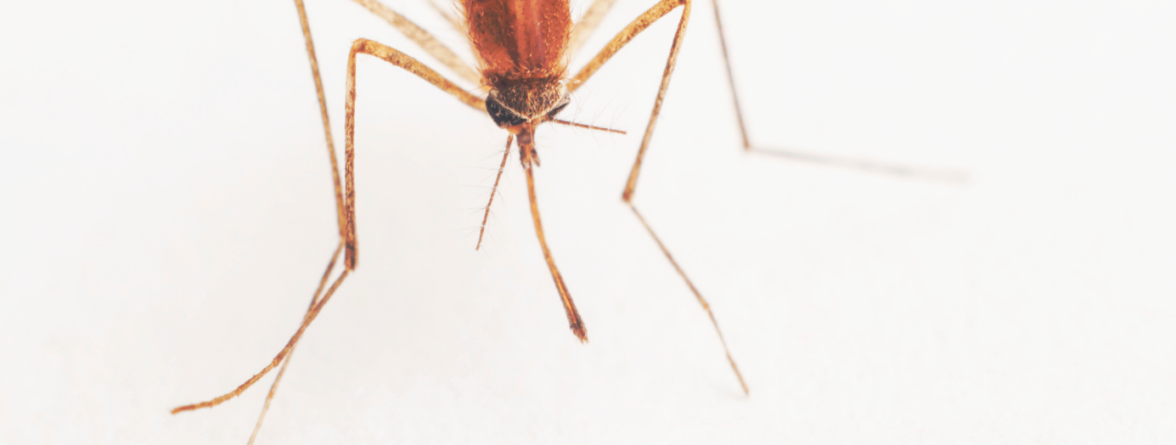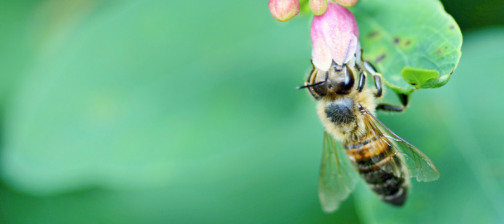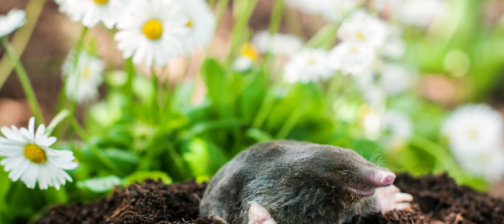It is officially mosquito season in the Lowcountry. As residents of Hilton Head Island, we are all well too familiar with these bloodsucking insects. With the onset of warmer weather, most of us are busy planning trips to parks, the beach, and organizing outdoor socially distanced gatherings – giving little thought to the devil dressed as a mosquito. As the temperatures continue to rise, so will our desire to spend more time outside. We have spent enough time inside amidst a global pandemic – this year we take our yards back from mosquitoes!
One of the easiest things you can do to keep mosquitoes at bay is to select plants and vegetation wisely. If stinky chemical repellents aren’t your thing, consider growing garden and edible plants that can drive mosquitoes away naturally! Mosquitoes have a very keen sense of smell. In fact, it is the primary reason that they are drawn to humans and other animals as a blood source. Although mosquitoes find the carbon dioxide and many of the fragrances we (humans) emit to be irresistible, they likewise find a number of scents unappealing. These aromas can be used to keep mosquitoes at bay without the use of chemicals and other harsh deterrents. When strategically planted around your home, you will notice the number of mosquitoes decrease and the size of the smile on your face increase. Below are 10 common scents that repel mosquitoes…
1. Citronella.
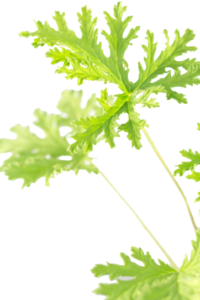
This oil is extracted from various species of lemongrass. Citronella is also probably the first thing that comes to mind when you think about mosquito repelling scents, as it is readily available and widely used among homeowners. It features a lemon-like citrusy scent that is incredibly pleasant to people but highly irritating to mosquitoes. The oil can be applied directly to your skin or paired with other essential oils to create your own natural bug deterrent. It is also available in candles and as a filler for yard torches. Although it will not survive the winter climate unless brought indoors, lemongrass itself can be planted outside of your home to provide and attractive yet effective repellent.
2. Eucalyptus.
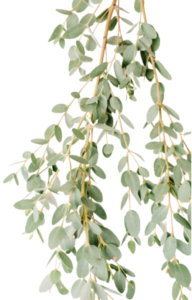
Similar to citronella, this plant has a powerful smell that interferes with the delicate senses of mosquitos – making it difficult for them to locate their food source(s). Because eucalyptus is a tender plan that will not survive a hard freeze, many Lowcountry gardeners opt to grow it as a potted plant rather than planting it in the ground. The oil produced by eucalyptus also repels other insects such as ticks, midges, and sandflies. For a plant that will live for several years in a pot, choose a slow-growing variety such as E. vernicosa. Similar to others, the presence of the eucalyptus plant itself will work as a repellent in your yard; however the oil can also be applied directly to the skin as a topical solution. For optimum protection, apply the oil regularly.
3. Garlic.
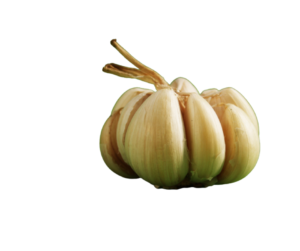
This member of the onion family has been used for many years as an edible repellent. When ingested, its active ingredient – allicin – interferes with our natural scent and instead masks us from mosquitoes. Garlic can even be used to deter mosquitoes even without eating it! There are several ways to do this:
- Cut cloves into slivers and scatter them around your outdoor living areas.
- Combine with oils and other liquid ingredients to make a repellent spray for your yard.
- Blend with essential oils to make a mosquito repellent spray for your body.
4. Basil.
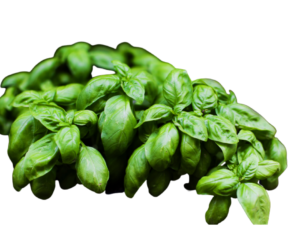
The leaves of this fast-growing plant are as repugnant to mosquitoes as they are a delicious addition to our sauces and salads. The essential oils contained in the basil plant emit a powerful aroma that irritates these bothersome biters. Note: Not all basil types are created equal when it comes to repelling these bloodsucking pests! The extra-spicy Thai basil has the best ability to keep these insects at bay thanks to its narrow foliage and cinnamon scent.
5. Rosemary.
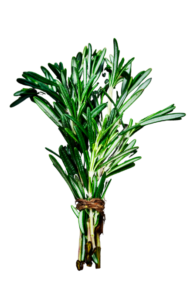
This is another multipurpose herb that can be used for many things other than seasoning. When planted in and around your garden, this aromatic plant works wonders, easily tackling small mosquito infestations.
Tip from the pro’s: when grilling out, place a few springs on the grill to keep mosquitoes at bay as the scent wafts through your yard! You can also infuse rosemary into topical lotions or sprays to create simple repellents for you and your family.
6. Thyme.
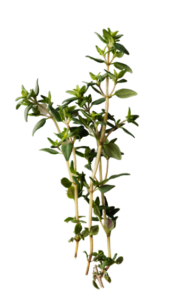
Thyme rounds out the list of savory herbs that repel mosquitoes, which may make you wonder if a hearty homemade soup might be the best remedy of all to deter mosquitoes.
Tip from the pro’s: Plant thyme between the stepping stones of your garden so that your steps will crust some leaves and release the mosquito-repelling oils as you walk.
7. Mint.
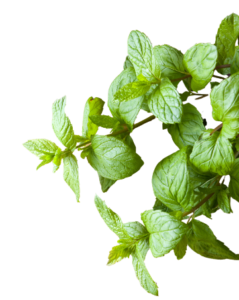
There are several types of mint, and lucky for us they all repel mosquitoes! The mere presence of mind plants can ward off these pesky creatures to some degree. Explore the subtle differences between peppermint and spearmint and chocolate mint to find which variety works best in and around your yard. Keep in mind that all mint types grow and spread like wildfire, so harvest them with wild abandon in your pursuit to banish mosquitoes. Mint is incredibly easy to use in the fight against the bite – you can turn peppermint into a personal topical repellent by crushing the leaves and rubbing them on your skin. Mosquitoes will not be able to tolerate your presence! If you do end up with a bite, peppermint oils is very effective at relieving itches. One small dab on the bite and you will feel instant relief.
8. Marigold.
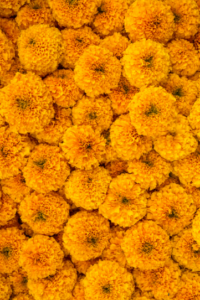
The best way to describe the odor emitted by marigold plans is “pungent”. The smell is overwhelming to many people and to all mosquitoes. Plant these beautiful bright golden flowers around your yard to keep mosquitoes at bay – they are easy to grow from seed and make a visually pleasing addition to a flowering vegetable garden. What makes them so effective against mosquitoes? Pyrethrum – which is the same substance that is used in many organic insecticides.
Tip from the pro’s: Periodically cut the flowers off to add to vases around your home to prevent mosquitoes from migrating inside. These colorful flowers are also edible!
9. Lavender.
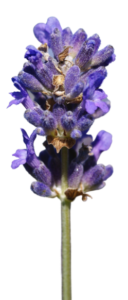
Mosquitoes absolutely detest the pungent scent of these beautiful flowers and will avoid them at all costs. Like most other plants/scents on this list, lavender can be used by extracting the oils and applying them directly to the skin as a topical solution. Lavender also makes a pleasing and effective body spray. The easiest use of lavender is to simply plant it in your garden and watch the mosquitoes disappear. Best of all – these beautiful purple flowers are sure to add life to your landscape.
10. Catnip.
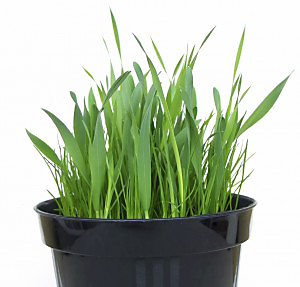
The same plants that drive your feline friends wild can simultaneously protect them from mosquito bites! A study in Science Daily even suggests that Nepetalactone – the essential oil derived from this plant – is approximately ten times more effective than DEET at repelling mosquitoes. Because of this, must less of the oil is needed to be highly effective. Spread some clippings around the pool and patio for a bite-free relaxation zone, or plant catnip in your garden as a backyard defense. You can also crush the leaves and rub them directly on your skin. To promote natural healing, some people opt to use the leaves in their tea.

